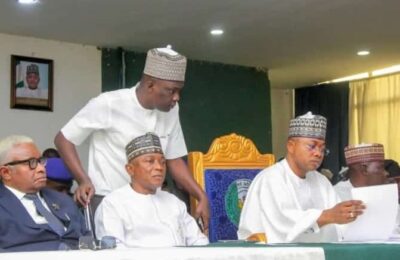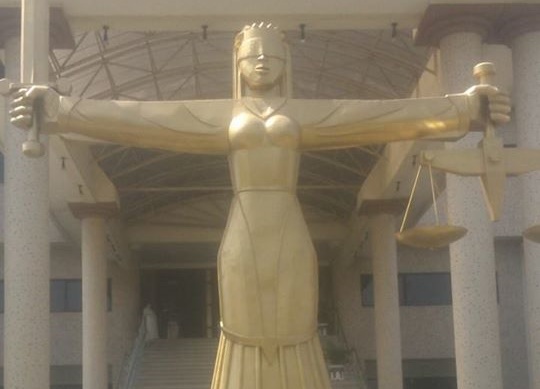Kogi Iron (ASX: KFE) has completed the key Environmental and Social Impact Assessment (ESIA) for its Agbaja Iron Ore Project that found no environmental or social impediments for its development.
The ESIA, which received strong support from the Nigerian Government and local communities, also found the project would positively impact the local economy, Kogi State and Nigeria.
Notably, the strong official support gives added investor confidence that Kogi’s iron operations will transition smoothly into production and cashflow.
The company will now submit the ESIA to the Federal Ministry of Environment in January 2014, where there will be a mandatory 21 working day public exposure period, followed by a panel review of the ESIA conducted by the Nigerian Federal Ministry of Environment and Mines Environmental Compliance Department.
Approval of the ESIA is anticipated at the completion of this process
ESIA Details
The ESIA work was conducted by Greenwater Environmental Services and is a key component of the company’s Preliminary Feasibility Study (PFS) evaluating the technical and economic viability of a 5 million tonne per annum iron ore operation at Agbaja.
No rare or endangered species of flora or fauna were identified in the proposed mine and operational areas, and furthermore the ESIA stated that anticipated environmental impacts from associated activities can be successfully managed via the requisite Environmental Management Plan, submitted as part of the ESIA.
It added that the project would:
– Create jobs and job opportunities for locals during site preparation, construction and installation and operational phases;
– Improve the socio-economic standing of the host communities;
– Increase income of the local populace;
– Accommodate an increase in the availability of iron ore for local and international market;
– Stimulate the local economy resulting in economic empowerment; and
– Increase the acquisition of job skills by host communities.
Agbaja Iron Ore Project
Agbaja has an overall resource of 586 million tonnes at 41.3% iron. Notably, 466 million tonnes at 41.4% iron is in the higher confidence indicated category.
There is also potential for large scale expansion given that just 20% of the prospective area has been drilled tested.
This gives rise to the possibility of Kogi’s flagship project holding a total iron resource of almost 3 billion tonnes
The project is close to established transport infrastructure, which includes barging along the Niger River to the sea port.
Kogi has also highlighted the low strip ratios averaging 0.72 to 1 over 20 years – including a ratio of 0.42 to 1 in the first three years, further streamlining operating expenditure.
Strengthening the case for Kogi is the recent addition of phosphorous bioleaching to the process plant design at Agbaja as part of the ongoing prefeasibility study.
Testwork has demonstrated that simple bioleaching can reduce phosphorous levels in Agbaja iron ore to 0.25% from 0.9%, potentially increasing prices received and hence cash inflow to Kogi.
This increased cashflow model for Agbaja is further optimised by the expectation that bioleaching will have negligible impact on capital and operating costs.
The proposed design utilises simple and proven pumping technology for the transport of the slurry concentrate and avoids the traditional and more costly heap leaching process.
Analysis
Kogi has the potential to become a source of iron ore production in Nigeria, considering its existing and potential resources.
The company has consistently hit operating targets and delivered innovative methods of reducing costs and increasing mining efficiency and end products.
With the iron ore price holding firm despite mainstream uncertainty over supply/demand metrics, Kogi is an iron ore player to watch as it moves to develop the potential of its Agbaja Project.




